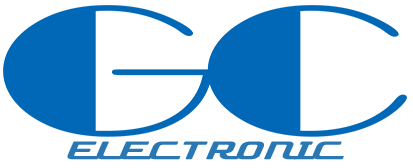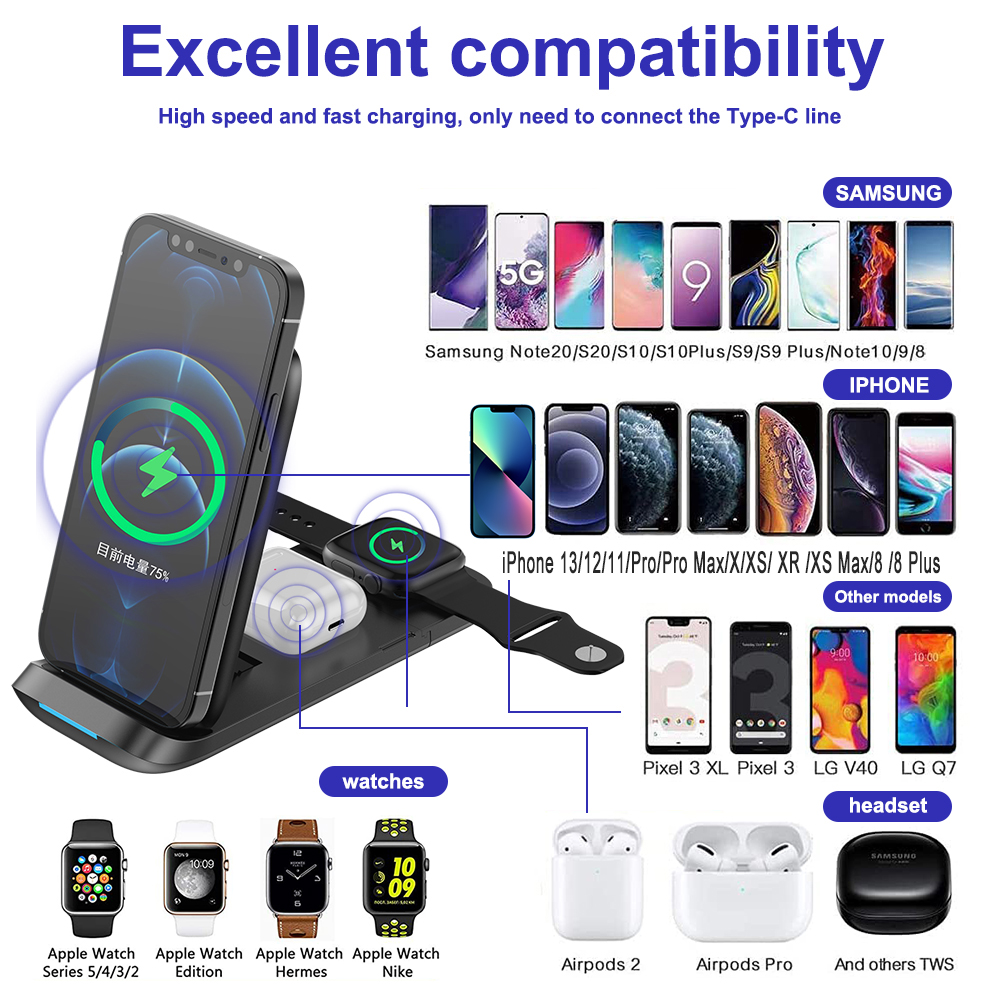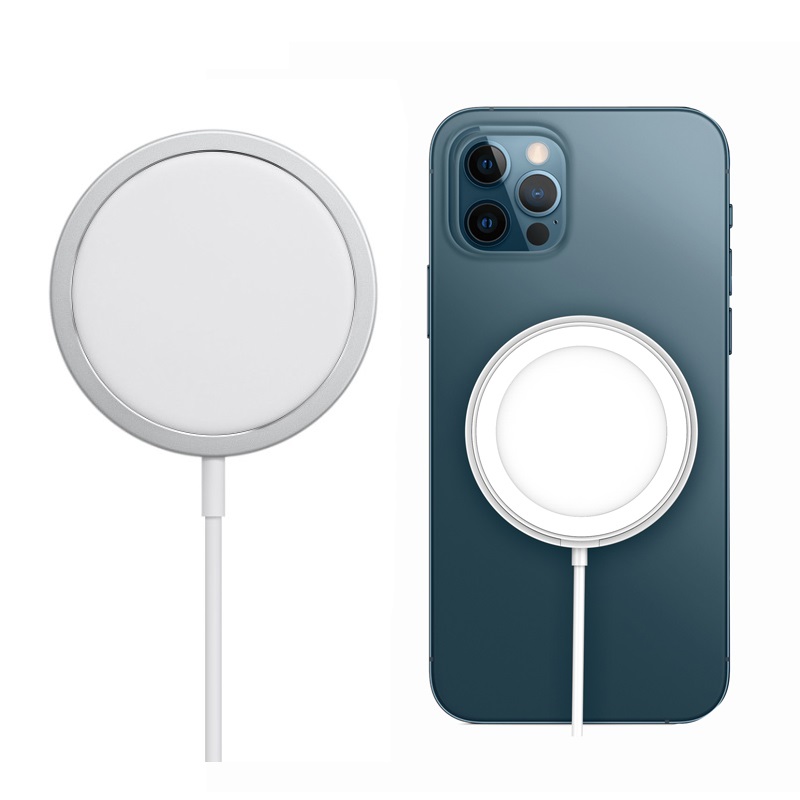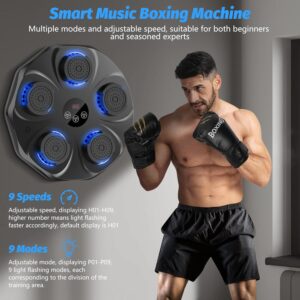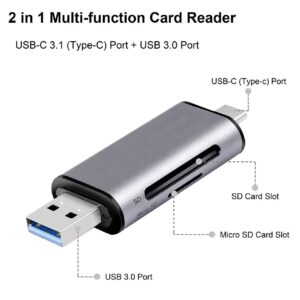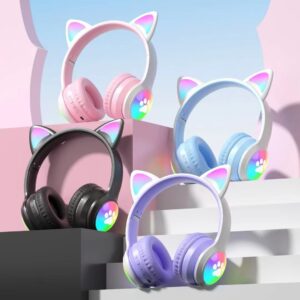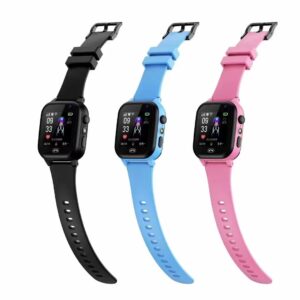We say that today’s data is oil. These data oils contain consumer needs, pain points, preferences and habits.
They are like oil, waiting to be mined. They are productivity-enhancing, new energy sources.
Today, let’s talk about how digital oil empowers product selection, and how we should extract consumer needs, pain points, preferences and habits in data oil.
1. What is digitization?
Before talking about digital product selection, let’s talk about what is digitalization.
Digitization is to extract data from the physical world, refine it into information, refine it into knowledge, and aggregate it into wisdom.
In this process, there are four key steps: mining, roughing, refining, and polymerization.
The first step is to extract data from the physical world.
What does that mean? It is to turn our perception of the physical world into a text, a photo, an audio, and a video. The result of mining is data.
The second step is to refine the massive data into information.
Because the data mined is of no value in itself, if you want to get useful information, you have to “reduce noise” the data and identify valuable information from the massive data.
For example, by mining data, you can identify a person in the photo, a weight scale, and a number on it. This is information.
The third step is to refine information into knowledge.
Crude information, such as weight scale information, body fat scale information, blood pressure information, and height information, is of little value alone.
How to do? From this information, knowledge is refined.
For example, Mr. Zhang his weigh is 180pounds. Based on this information, can it be determined that Mr. Zhang is unhealthy? It may not work, you have to have other information for reference.
Increase height information. For example, if Mr. Zhang is more than 2 meters tall, 180 pounds is no problem. But what if 1.7 meters? There may be a problem.
So it’s better to have another message. Body fat.
Only by putting the information together, such as weight, height, and body fat, can we “refine” the truly useful “health”: knowledge.
Knowledge is very important. But the value of isolated knowledge is still limited. Only when knowledge flows, collides with each other, stimulates each other, and produces bright wisdom.
The fourth step is to aggregate knowledge into wisdom.
I know that I have high blood pressure, but how to treat it? Using artificial intelligence algorithms, calculate the best treatment plan for this case.
This is wisdom.
These are the four steps of digitization.
Your level of digitization depends on whether you can extract data from digital oil, whether it is information, knowledge, or wisdom.
2. Product selection of digitalization
How to choose products with the help of digitalization?
Digital product selection is actually “mining” data from consumers’ shopping behavior. Then, from these data, “refining” the knowledge of “what products do consumers like”. Finally, use this knowledge to make money.
What does that mean?
In the past, we first made a product, and then spent a lot of money to advertise and shop activities. Let consumers understand this product, and gradually build trust in this product. Finally, buying behavior occurs.
If we can find a product that consumers like first, and then make this product, wouldn’t it be better to sell?
Now, this assumption is being realized through digitization.
For example, sellers can mine consumer needs, preferences, pain points, and habits from consumer review data and purchase data.
Then, feed this information back to the factory, and the factory can produce customized products based on these needs.
What about consumers? You can also use review data and sales data to see which product is more popular and which product is of better quality.
Sellers can use digitization to choose products that are more popular with consumers, and consumers can also use digitization to know the quality of products in advance.
Regarding product selection of digitalization, I want to share three stories with you.
The protagonist of the first story is Xiao. He used to be a special soldier, and later started a cross-border e-commerce business, and he did a good job.
Xiao Lei extracted information from data oil. I saw the needs that my peers didn’t see, and responded quickly to match the corresponding products.
For example, in June 2020, he discovered the opportunity of a microphone under the Tmall 3c audiovisual category because of an accidental opportunity.
Xiao saw that the microphone keyword business staff search data under the 3c audio-visual category ranked second.
This data caught his attention. He checked that the transaction amount in June 19 was 250 million per month, and it suddenly increased to 390 million in March 20, and it was 330 million in June.
Xiao extracted a very important piece of information from these data oils. Users have demand for this product, but the supply may be insufficient.
He further subdivided this demand and found that there are actually two needs for microphones, one is the demand for karaoke, and the other is the demand for live broadcast.
Then contact the factory to produce these two products. Xiao is to extract the information of “what consumers like” from the data, and then find a way to meet the demand.
The second story comes from the Five Merchants students. This story is interesting.
This student often went to a small restaurant near the community to eat.
However, one day, he discovered that the restaurant was closed for business. Why, he was very puzzled, so he asked the boss, why are you not open for business?
The boss said that the small restaurant was bought by a certain restaurant platform.
The classmate asked the boss again, why? Are you earning more now than before?
The boss was intrigued. Tell this classmate, let me tell you, this platform is really powerful.
For example, it recommends us the 20 most popular dishes in the neighborhood. I concentrated on making these 20 dishes, and the sales of takeaways increased by 40%.
Because I only do takeaways, there is no dine-in, which saves rent and a lot of money.
The online order quantity is relatively fixed, and the materials can be prepared according to the quantity, so the loss is less and the cost is saved.
In summary, it is through digital empowerment that costs are reduced, sales are higher, and profits are better.
The platform has crudely refined the information of “20 most popular dishes” in the massive “purchase information” and “evaluation information”.
As long as the restaurant owner prepares these 20 dishes, he won’t have to worry about not having an order.
This is a story of digital empowerment for product selection.
The third story is a community shop in Hangzhou.
This is a community store that has been open for many years. In 2018, this store was transformed into a “T-mall store”.
After the change, what has changed?
“T-mall Store” has launched two optimizations for this store:
First, the one-stop purchase platform “Retailer” was launched.
What does that mean?
The operator of this store can place an order on Ali’s “Retail Pass”, and then uniformly deliver it on T-mall.
T-mall has armed these small shops with its own credit and premium capabilities, solving their purchase price and quality problems, and optimizing the transaction structure.
Second, use “data” to help small shops select products and put them on the shelves.
For example, in this community, many residents keep dogs. But many stores have never sold dog food, so I don’t know about it.
However, the community shops that have been changed to “T-mall shops” have an advantage. What are the advantages?
It is T-mall as the largest e-commerce platform in China. Most of the residents near this community store have bought dog food on T-mall.
Therefore, T-mall can extract the information of people buying dog food from the people around this small shop from the data of people buying dog food.
Then, tell the T-mall store in this community that you should buy more dog food, and even specify the brands and specifications that the nearby residents like.
The shop purchased goods according to the platform’s recommendations, and it really sold well.
If the product sells well, the inventory cycle will be shortened, and the capital efficiency will increase. In this way, the transaction structure of this small store has been optimized.
This is too powerful. How is this done?
Because of digitization.
Sales data can tell you what I want to buy. The comment data can tell you what is preventing me from paying.
There are also transaction data, credit data, behavioral data, and so on. If you refine these data into information, you can know what products are popular with consumers, and you need to buy more, and what products are not selling well, and you need to buy less.
When you extract from the data oil, “the nearby residents all need to buy dog food, but the nearby shops do not have dog food”, it is equivalent to the consumer yelling at you, “I want to buy dog food, hurry up Go get the goods.”
3. Bring new opportunities
Digitization not only empowers product selection.
In the business world, there are still many innovations that use digitalization to creatively meet the needs of users.
For example, let’s look at this picture. This combination of yellow and gray looks good. I also think it looks good.

This “yellow gray” is the popular color of 2021 announced by Pantone in December last year: extreme gray and bright yellow.
If you want to decorate your home in this style, you tell the designer, I want bright yellow and extreme gray.
The designer must have a headache, what is the ultimate gray, what is the bright yellow?
As you said, I will send you a picture, you just follow this picture, the designer still has a headache. Because the color recognized by the eyes will almost always deviate from the color finally selected.
What to do then, use the color number. What color corresponds to what color number. As long as you remember the color number, you can find the corresponding color, and no longer have to worry about deviations.
For example, Pantone, who is well-known for studying color, uses color numbers to match the corresponding colors.
The ultimate gray is: PANTONE 17-5104;
Bright yellow is: PANTONE 13-0647.
You said that you want to design the wall in a combination of extreme gray and bright yellow. Just give the designer the color number, and he will definitely understand your demands.
Therefore, photos with two colors of extreme gray and bright yellow are data, and the color numbers representing these two colors are information.
In the digital age, companies as large as listed companies and small shops at the doorstep are facing more and more uncertainties.
Pantone, with the help of digitization, has a relatively scarce ability by purifying data into information.
In the digital transformation, it has become the Darwinian sparrow chosen by probability.
In a summarize
Let’s review it again.
Digitization is to extract data from the physical world, refine it into information, refine it into knowledge, and aggregate it into wisdom.
Digital selection of products extracts accurate and measurable information from obscure and unmeasurable data. It is from the traditional gold, wood, water, fire and earth to modern hydrogen, helium, lithium, beryllium and boron.
For example, “mining” data from consumer shopping behavior. Then, from these data, “refining” the knowledge of “what products do consumers like”. Finally, use this knowledge to make money.
We say that when you perceive the world, the world also perceives you.
While digitalization brings new opportunities, there are also some challenges.
For example, the convenience we get is sometimes exchanged for privacy.
Now, this issue is being resolved. On November 1, that is tomorrow, China’s “Personal Information Protection Law” will be officially implemented, which is the basic law of the digital world.
With the escort of this law, in 2022, we will usher in a burst of digital oil era.
